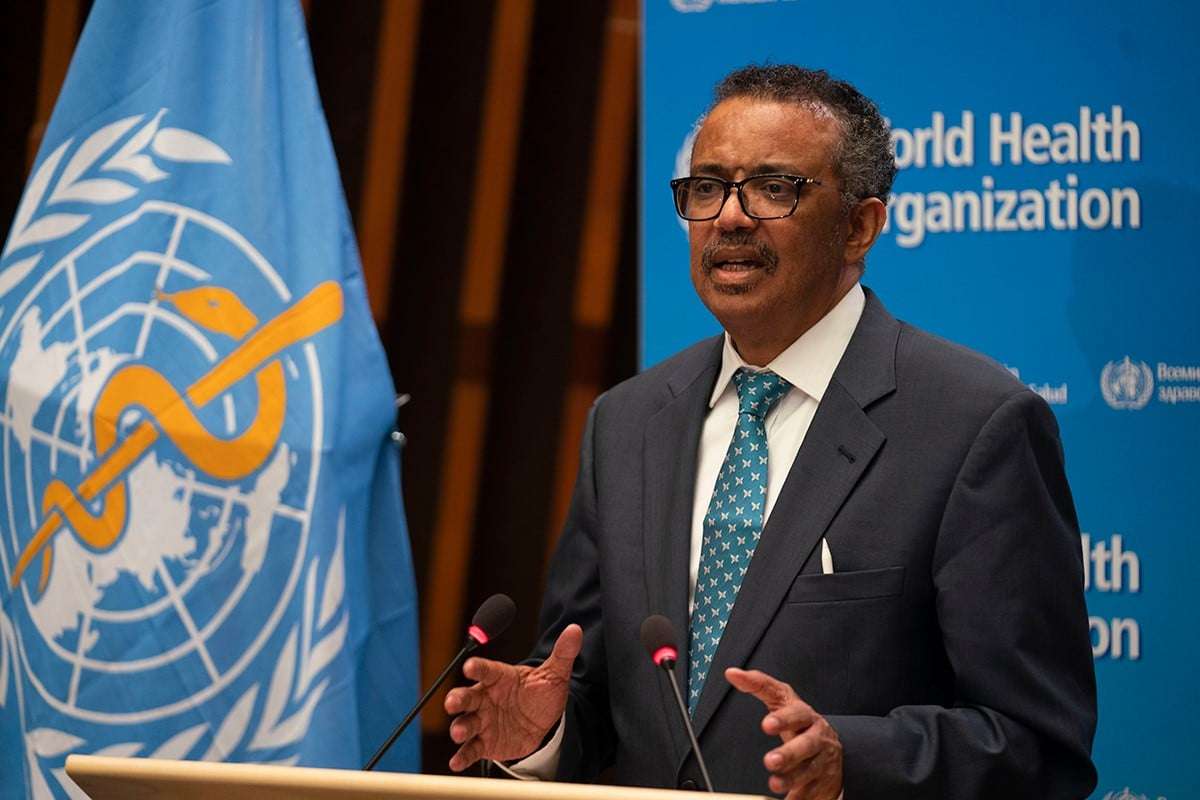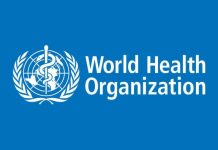
The World Health Organisation (WHO) has called for a greater policy prioritisation of infertility as it reports that 17.5 per cent of the adult population – roughly one in six worldwide – experience infertility.
The report indicates that there is not much regional variance in the frequency of infertility, as the rates are similar for high- middle and low-income nations. In high-income countries, the lifetime frequency was 17.8 per cent, compared to 16.5 in low- and -middle-income nations.
“We’re calling for greater access to infertility services, and we’re calling for better evidence to be able to address the treatment issues”, the statement reads.
According to the apex health institution, numerous individuals struggle with infertility at some point in their lives, which highlights the urgent need to expand access to high-quality, affordable fertility treatment for those who are in need.
Infertility is a disease of the male or female reproductive system, defined by the failure to achieve a pregnancy after 12 months or more of regular unprotected sexual intercourse. It can cause significant distress, stigma and financial hardship, affecting people’s mental and psychosocial well-being.
Despite the severity of the problem, there is still a lack of funding and widespread access to solutions for the prevention, diagnosis, and therapy of infertility, including assisted reproductive technology like in vitro fertilisation. These barriers include high expenses, societal stigma, and a lack of accessibility.
“At present, in most countries, fertility treatments are largely funded out of pocket – often resulting in devastating financial costs. People in the poorest countries spend a greater proportion of their income on fertility care compared to people in wealthier countries. High costs frequently prevent people from accessing infertility treatments or can catapult them into poverty as a consequence of seeking care,” the WHO said in a press statement.
The research shows an essential truth: “infertility does not discriminate, according to the director general of the international health body, Dr Tedros Ghebreyesus.
“The sheer proportion of people affected shows the need to widen access to fertility care and ensure this issue is no longer sidelined in health research and policy so that safe, effective, and affordable ways to attain parenthood are available for those who seek it,” he said.
“Millions of people face catastrophic healthcare costs after seeking infertility treatment, making this a major equity issue and all too often, a medical poverty trap for those affected,” said the Director of Sexual and Reproductive Health and Research at WHO, Dr Pascale Allotey, including the United Nations Special Programme of Research, Development and Research Training in Human Reproduction. “Better policies and public financing can significantly improve access to treatment and protect poorer households from falling into poverty as a result.”
The new study emphasises a chronic dearth of data in many nations and some areas even though it provides compelling proof of the high worldwide frequency of infertility.
To help measure infertility, as well as to identify who requires fertility treatment and how risks can be decreased, it asks for increased availability of national statistics on infertility that is broken down by age and reason.










